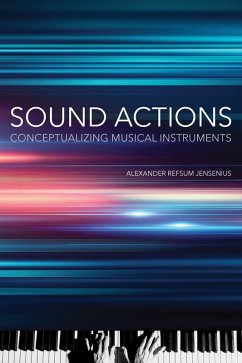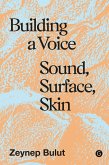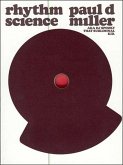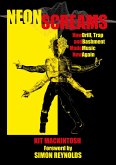A techno-cognitive look at how new technologies are shaping the future of musicking. "Musicking" encapsulates both the making of and perception of music, so it includes both active and passive forms of musical engagement. But at its core, it is a relationship between actions and sounds, between human bodies and musical instruments. Viewing musicking through this lens and drawing on music cognition and music technology, Sound Actions proposes a model for understanding differences between traditional acoustic "sound makers" and new electro-acoustic "music makers." What is a musical instrument? How do new technologies change how we perform and perceive music? What happens when composers build instruments, performers write code, perceivers become producers, and instruments play themselves? The answers to these pivotal questions entail a meeting point between interactive music technology and embodied music cognition, what author Alexander Refsum Jensenius calls "embodied music technology." Moving between objective description and subjective narrative of his own musical experiences, Jensenius explores why music makes people move, how the human body can be used in musical interaction, and how new technologies allow for active musical experiences. The development of new music technologies, he demonstrates, has fundamentally changed how music is performed and perceived.
Dieser Download kann aus rechtlichen Gründen nur mit Rechnungsadresse in A, B, BG, CY, CZ, D, DK, EW, E, FIN, F, GR, HR, H, IRL, I, LT, L, LR, M, NL, PL, P, R, S, SLO, SK ausgeliefert werden.









